The Impact of Artificial Intelligence in Laboratory Medicine
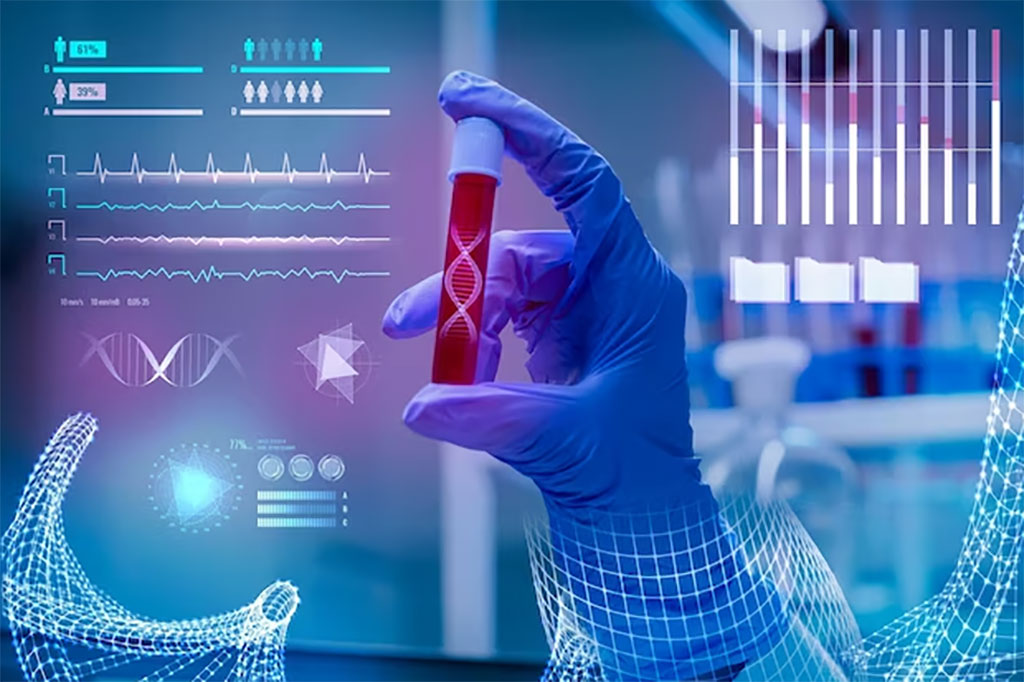
Artificial Intelligence (AI) has revolutionized various industries, and laboratory medicine is no exception. In fields such as hematology, pathology, anatomy, and molecular diagnostics, AI has found numerous applications that are transforming the way laboratory results are interpreted and analyzed.
In the realm of hematology, AI algorithms have been developed to assist in the identification and classification of blood disorders. By analyzing large datasets of blood samples, AI can help in the accurate diagnosis of conditions such as anemia, leukemia, and various other blood-related disorders. This not only saves time but also enhances the precision of diagnoses, leading to better patient outcomes.
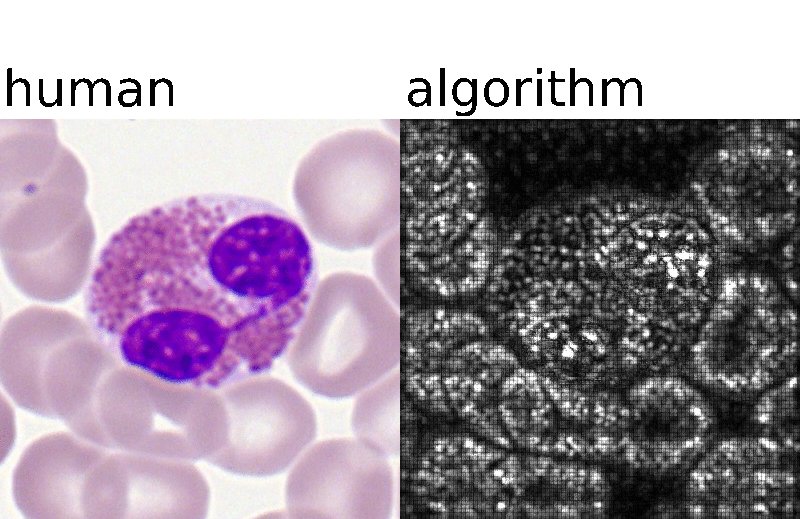

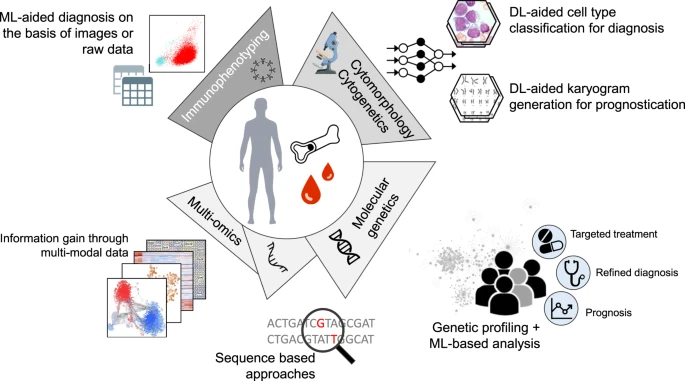
Similarly, in pathology and anatomy, AI algorithms have been trained to analyze tissue samples and identify abnormalities or potential indicators of disease. This can aid pathologists in making accurate diagnoses and providing personalized treatment plans. AI can also help in the identification of cancerous cells, allowing for early detection and intervention.
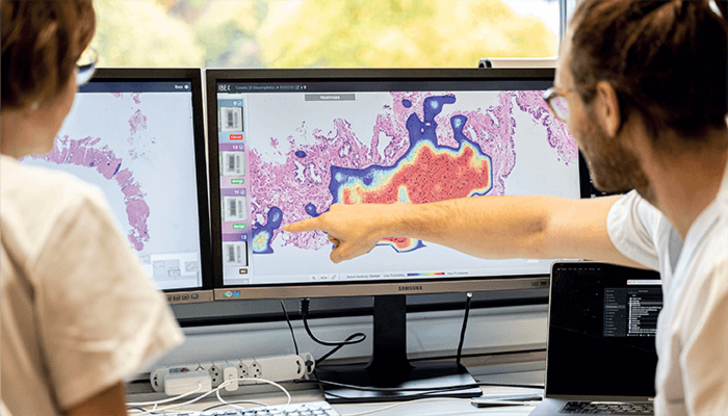
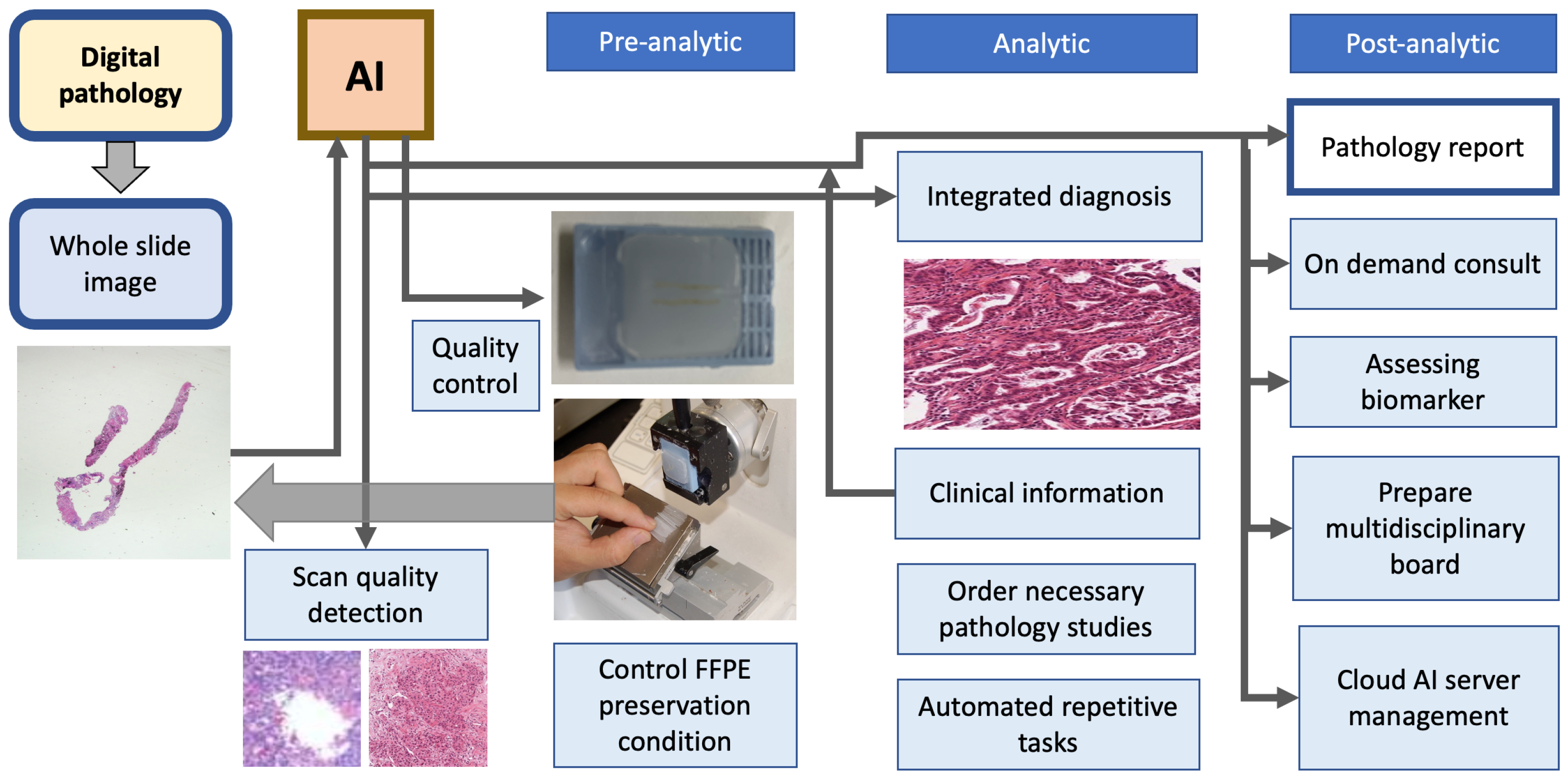
Molecular diagnostics, which involve the analysis of genetic material, have also benefited from AI applications. AI algorithms can analyze complex genetic data and identify patterns or mutations that may be associated with certain diseases or conditions. This enables more targeted and personalized treatment options for patients.

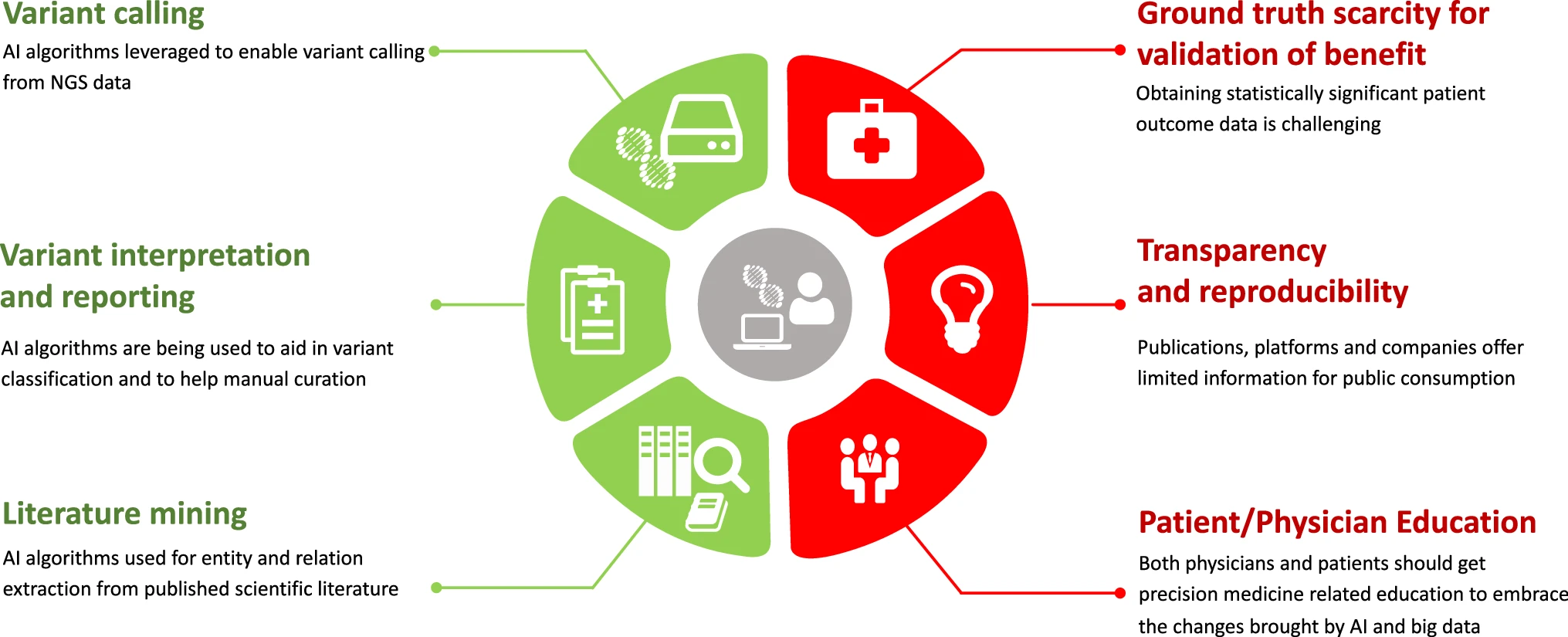

One of the most exciting developments in laboratory medicine is the use of generative AI. This technology has the ability to generate new data or images that closely resemble real laboratory results. This can be particularly useful in training medical professionals or simulating rare or complex cases for educational purposes. Generative AI has the potential to enhance medical education and improve the overall quality of laboratory medicine.
In conclusion, the integration of AI in laboratory medicine has brought about significant advancements in the interpretation of laboratory results. From hematology to pathology, anatomy, and molecular diagnostics, AI has proven to be a valuable tool in improving accuracy, efficiency, and patient outcomes. As technology continues to evolve, we can expect AI to play an even greater role in shaping the future of laboratory medicine.

